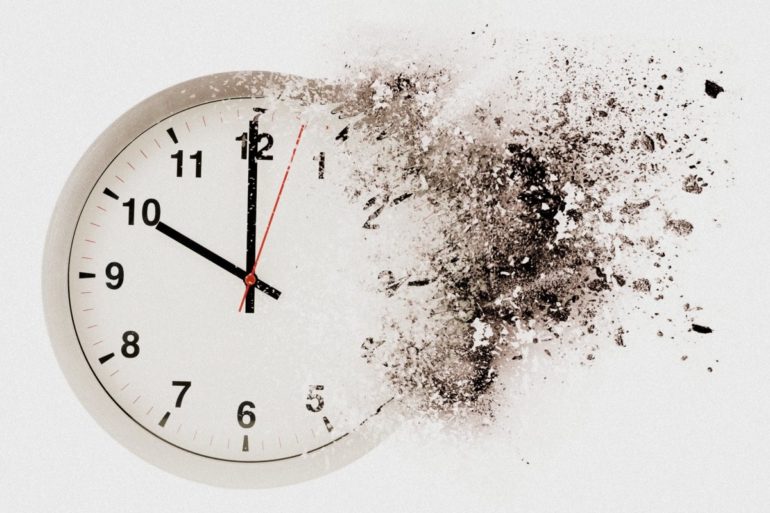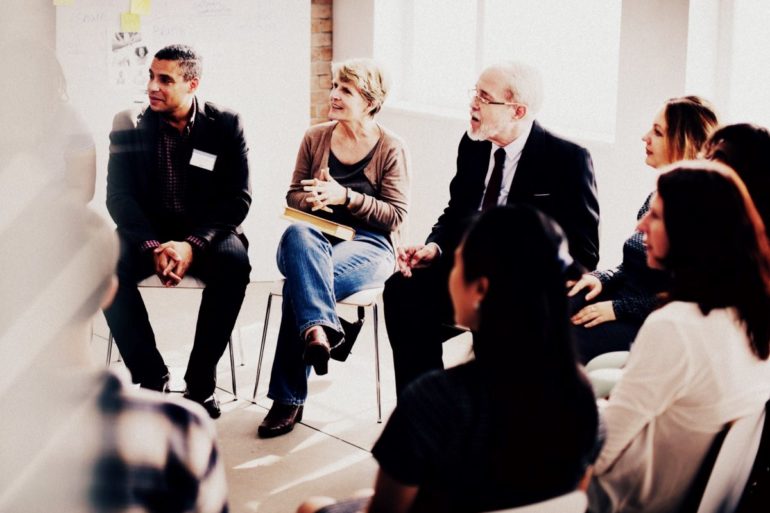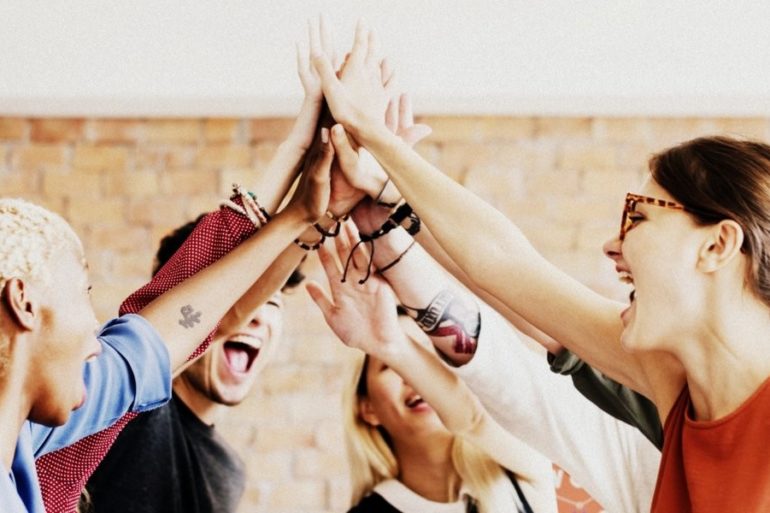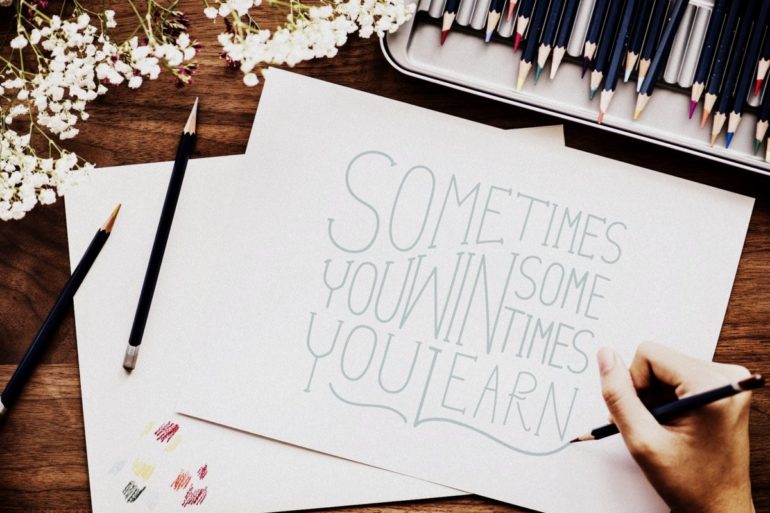While these creative or "Aha!" moments often are associated with scientific discoveries and inventions, most people occasionally feel the thrill of insight when a solution that had eluded them suddenly becomes obvious.
Do peoples’ personalities change after 30?
Communities that stick together and do good for others cope better with crises and are happier for it.
Following your passion can be a tough thing... but figuring out what that passion is can be even more elusive.
When we're waiting in line or sitting in a boring meeting, time seems to slow down to a trickle. And when we get caught up in something completely engrossing - a gripping thriller, for example - we may lose sense of time altogether.
Life would be grand if we only did what our fleeting hearts wanted to do, each moment of the day. Unfortunately, the laundry, taxes and difficult conversations would never get done.
Most self-help books on the subject offer tips on how to maximize one’s bliss, but one study suggests that moderate happiness may be preferable to full-fledged elation.
Life's greatest tragedy consists of men and women who earnestly try, and fail! The tragedy lies in the overwhelmingly large majority of people who fail, as compared to the few who succeed.
Psychological scientists have found that the size of different parts of people's brains correspond to their personalities; for example, conscientious people tend to have a bigger lateral prefrontal cortex, a region of the brain involved in planning and controlling behavior.
Some lessons that apply equally to getting buff and to building your business
Happy individuals are predisposed to seek out and undertake new goals in life and this reinforces positive emotions, say researchers who examined the connections between desirable characteristics, life successes and well-being of over 275,000 people.
People who like to nap say it helps them focus their minds post a little shut eye. Now, a study may have found evidence to support that notion.
After you see the #1 habit, please scroll down for #2. They might seem contradictory, but you can't hit your creative stride until you find a way to balance both.
Are you afraid people might find out you’re not as capable as they may think? That's Imposter Syndrome. Here are some tips to get past it.
You know what it's like: No focus, lots of stress, lots of mental exhaustion without really getting anything done.
It’s amazing how one simple, easy, positive action can change so much in a person’s life. One of the things that has had the biggest effect on my life is the realization of the power of gratitude. Simply giving thanks.
Creativity is often made out to be a nebulous, messy, complicated, difficult thing, and it can be. But it doesn't have to be.
Whether it's for money, marbles or chalk, the brains of reward-driven people keep their game faces on, helping them win at every step of the way. Surprisingly, they win most often when there is no reward.
If you don’t know how, learn how. Use that fancy brain that learned how to walk, talk, and read. It’s still capable of further learning, is it not? Of course it is!
We all know that getting a good night's sleep is good for our general health and well-being. But new research is highlighting a more surprising benefit of good sleep: more feelings of gratitude for relationships.
Whether you are a habitual list maker, or you prefer to keep your tasks in your head, everyone pursues their goals in this ever-changing, chaotic environment.
How does someone else’s success mean anything bad for you?
When faced with a difficult decision, we try to come up with the best choice by carefully considering all of the options, maybe even resorting to lists and lots of sleepless nights.
Unlike with short-term finite goals, the unconscious will continue to positively value objects related to the long-term goals, even after a level of success has been achieved.
Research shows that how people view their abilities in the workplace impacts how they respond to success.
Trying to resist that late-night tweet or checking your work email again?
People who score high on neuroticism in personality tests tend to have negative thoughts and feelings of all types - but often have bonus creativity.
If you want to make a difference in the world, the single most important thing you can do is consciously and deliberately choose to do work that you are passionate about.
People who watch funny videos on the internet at work aren't necessarily wasting time.
The prolific life has been characterized by abundant inventiveness and limitless creativity, and has been enshrouded in a veil of mystery - the sources of artistic inventiveness are too often viewed as out-of-reach for the average person.



























